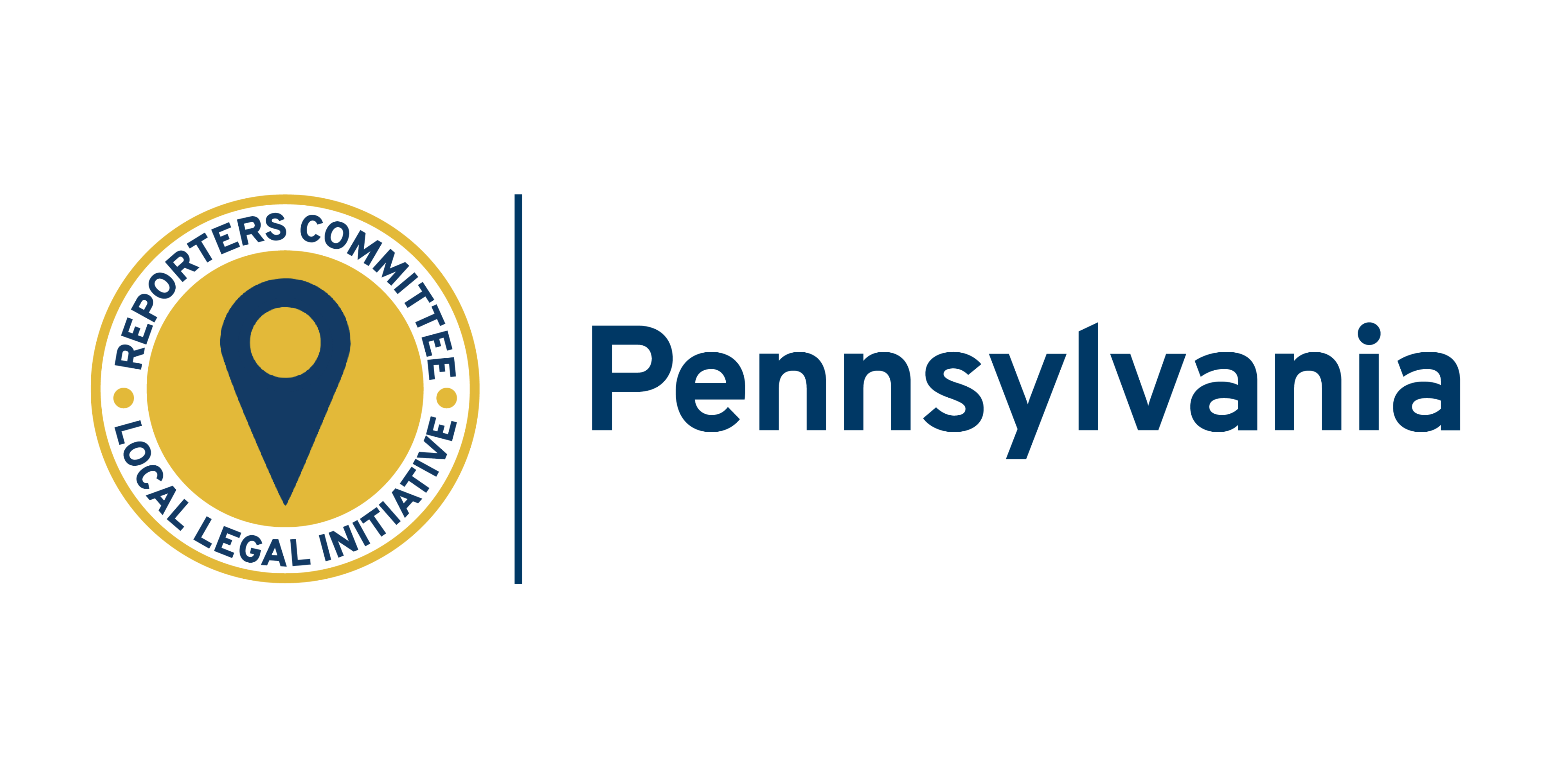Pennsylvania newspaper’s lawsuit results in public records training for township employees

In response to a lawsuit Reporters Committee attorneys filed on behalf of a local newspaper, a township in western Pennsylvania has agreed to train its employees on the government’s obligations under the state’s public records law, as well as pay a fine and cover the newspaper’s legal fees.
The settlement reached between The Butler Eagle and Lancaster Township means that the officials in charge of ensuring transparency in local government will now receive the training necessary to know which records should be released to the public under Pennsylvania’s Right to Know Law. It also sets an important example for other local governments trying to settle public records disputes without engaging in timely and costly litigation.
“This agreement is a big deal,” said Paula Knudsen Burke, the Reporters Committee’s Local Legal Initiative attorney in Pennsylvania, who litigated the case on behalf of the newspaper and one of its reporters. “There is no requirement for any government employees to be trained on the Right to Know Law. So having the township obligate themselves to provide training for their employees is a huge nod to the importance of the law and to their commitment to transparency going forward.”
The lawsuit stemmed from a public records request Alex Weidenhof, a reporter for The Butler Eagle and The Cranberry Eagle, submitted to Lancaster Township in 2020. The journalist specifically sought records concerning the former township manager, including documents related to his departure from his position. As Wiedenhof reported at the time, a separation agreement reached between the township and Manager Ben Kramer stated that their relationship was “irretrievably compromised” and that Kramer was “terminated without cause.”
While the township provided access to a separation agreement reached with the employee, it did not provide all the records sought under the Right to Know Law.
After challenging the township’s decision to withhold certain records, Pennsylvania’s Office of Open Records ordered the township to provide some of the requested records. But the township failed to comply with the agency’s orders, prompting the newspaper to sue the township last year.
During the course of litigation, Lancaster Township officials turned over some additional records and provided sufficient reasons for not releasing other documents. But the case never made it to oral argument. On April 11, a judge from the Butler County Court of Common Pleas dismissed the case upon reviewing the parties’ agreement, which included the township agreeing to pay the maximum penalty under the Right to Know Law, as well as cover $5,000 in attorney’s fees for the newspaper. Most importantly, the township agreed to provide public records training to all of its employees, including elected supervisors.
Burke said the training component of this agreement is important for a couple of reasons.
First of all, she said, many local public records custodians have never been trained on the Right to Know Law. It’s not required under the law, and many of the custodians who may have gone through voluntary training back when the law was passed a decade ago have since retired or moved on to new jobs, leaving their replacements without the necessary knowledge to properly respond to requests.
Secondly, Burke said, this agreement “sends a message”: The Right to Know Law is important. Public records officials should be familiar with it. And they should follow their duties.
The details of the training are still being worked out, though it’s required to take place within six months. Burke, who plans to participate, said it will be substantive and could be opened up to government employees from other localities, including Harmony Borough, north of Pittsburgh.
Just days after Lancaster Township reached its agreement with The Butler Eagle, officials from Harmony Borough reached their own agreement to resolve a separate public records dispute. As part of the settlement, they agreed to train their employees on the Right to Know Law.
The Reporters Committee regularly files friend-of-the-court briefs and its attorneys represent journalists and news organizations pro bono in court cases that involve First Amendment freedoms, the newsgathering rights of journalists and access to public information. Stay up-to-date on our work by signing up for our monthly newsletter and following us on Twitter or Instagram.